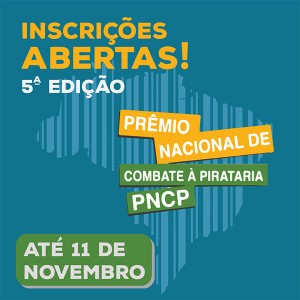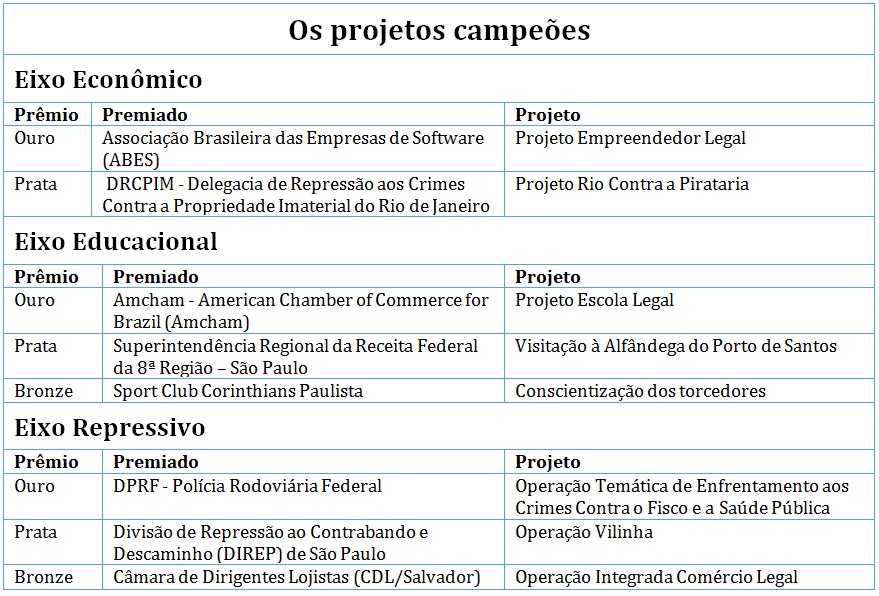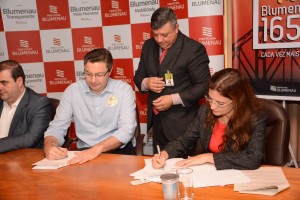The National Council for Combating Piracy and Crimes Against Intellectual Property (CNCP) extended the registration for the 5th edition of the National Piracy Combat Award. Those interested in participating can register until the day December 31, 2015.
The purpose of the event is to recognize public and private entities that stood out in the effective fight against piracy and the illegal market, who can compete with your projects on the axes educational / preventive,economic ou repressive.
Actions carried out in any community in Brazil, whose focus has been on tackling piracy and other crimes against intellectual property, during October 2014 to September 2015
Form of inscrição

Categories
According to the resolution of the event, PNCP 2015 will be divided into three axes: educational / preventive actions; economic; and repressive. At the educational axis projects aimed at awareness consumers and public bodies in relation to harms of piracy and the importance of purchasing original products.
Now at economic axis, initiatives aimed at strengthen the business environment and legal security in Brazil, including digital environment, with regard to intellectual property. THE repressive axis, in turn, intends to put into practice projects that improve measures to repress violations against intellectual property.
However, registration in more than one category is prohibited. Each action taken must be analyzed in accordance with the following evaluation criteria: impact and benefit to society; impact and benefit toeconomy; innovation and creativity the initiative; planning and coordination; and, finally, potential forexample and motivation.
The criteria will be evaluated by scores from zero to five. In addition, each division will have up to three winners who will be classified as Gold for the first, Prata for the second and Bronze for third place. For a stock of a particular category to be awarded it will need to obtain a minimum score of 2,5.
All registered shares that reach the minimum score of 2.5 will be divided into the North, Northeast, Midwest, South and Southeast regions, and the share with the highest score in each region will receive an award of regional highlight.
Source: Thinking the Law (12/11)
To read straight from the source, click here.







